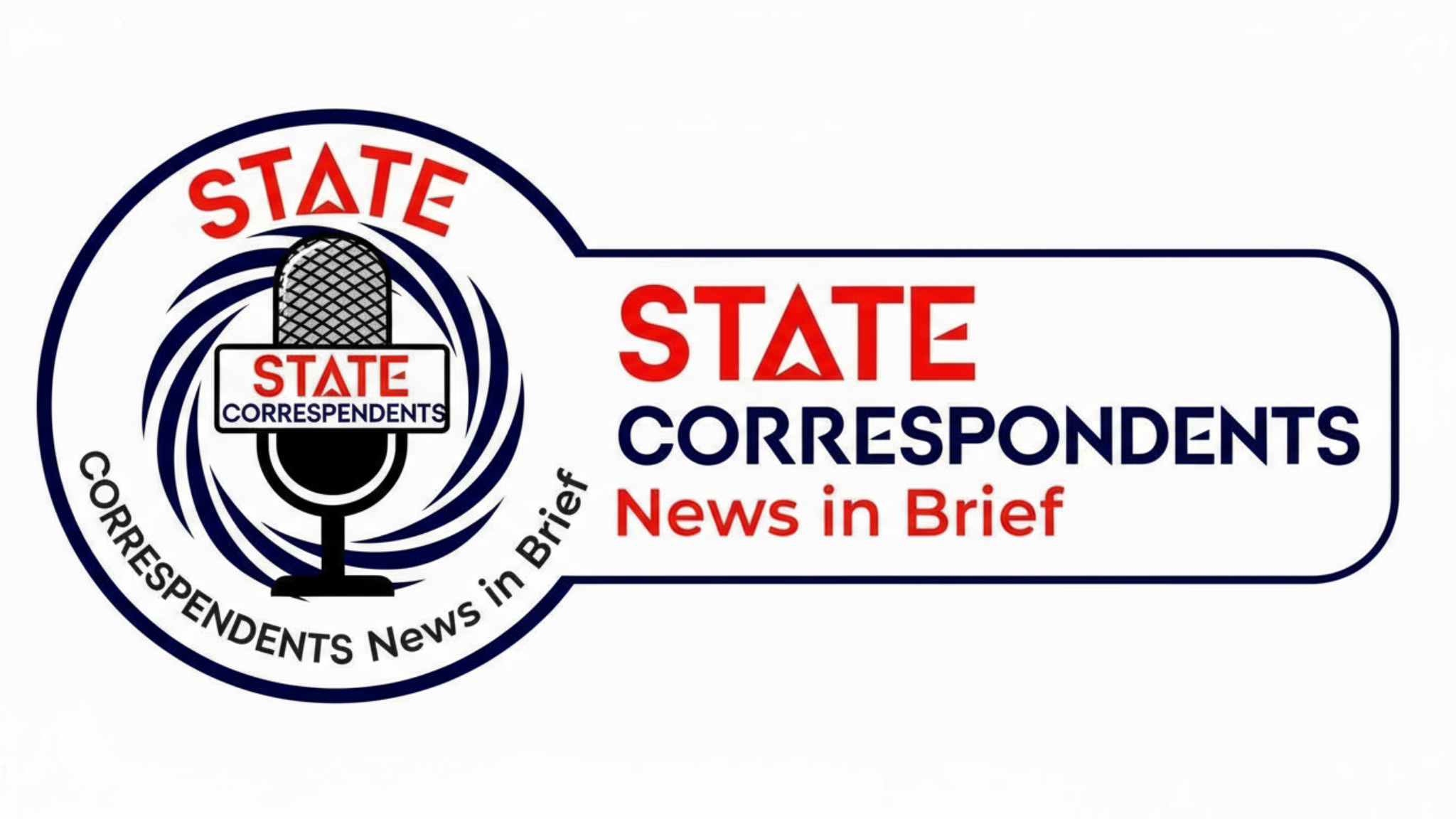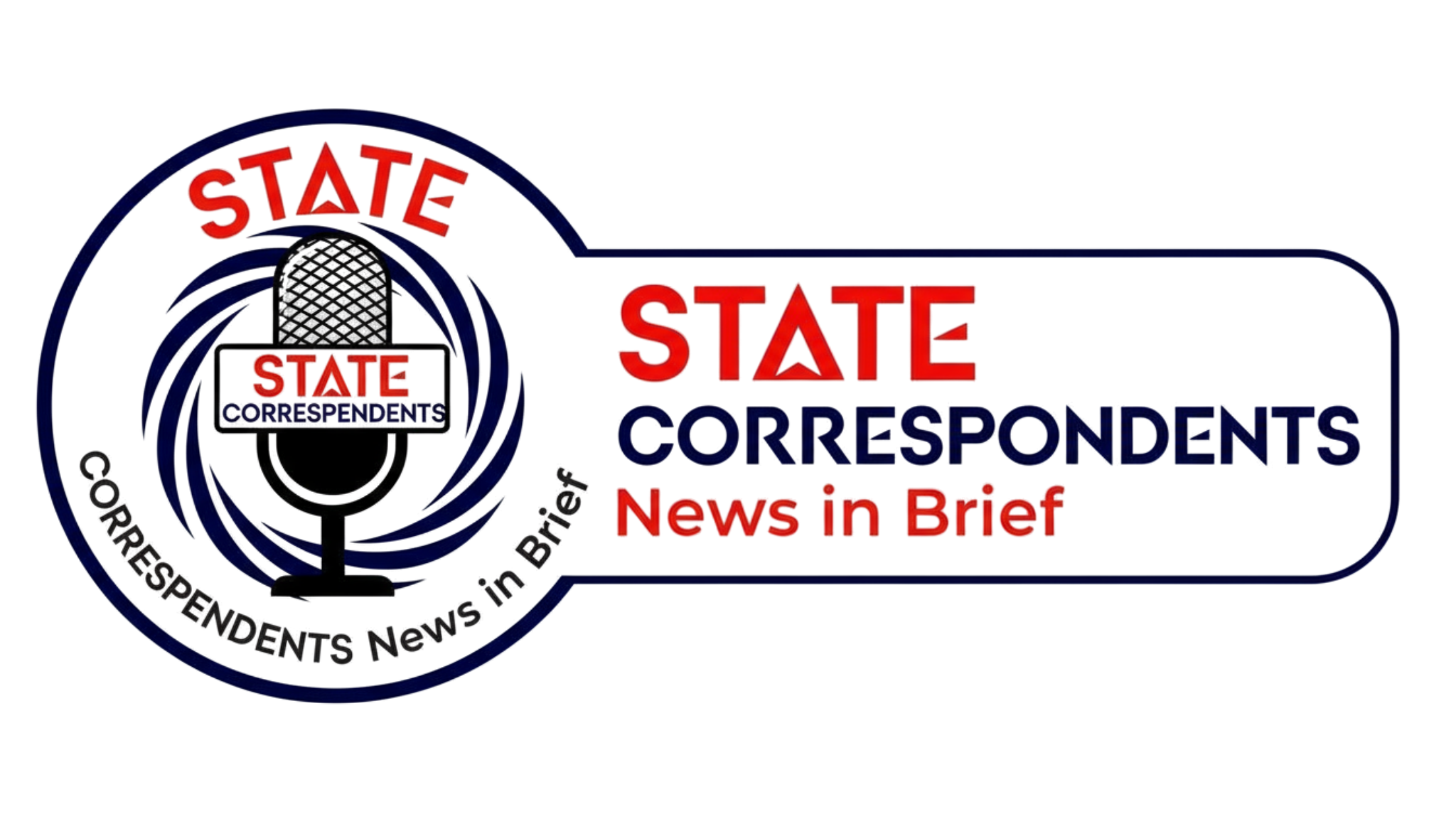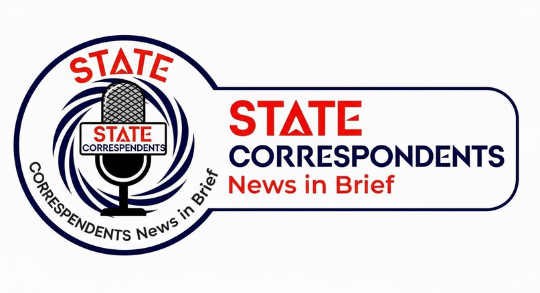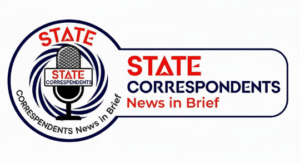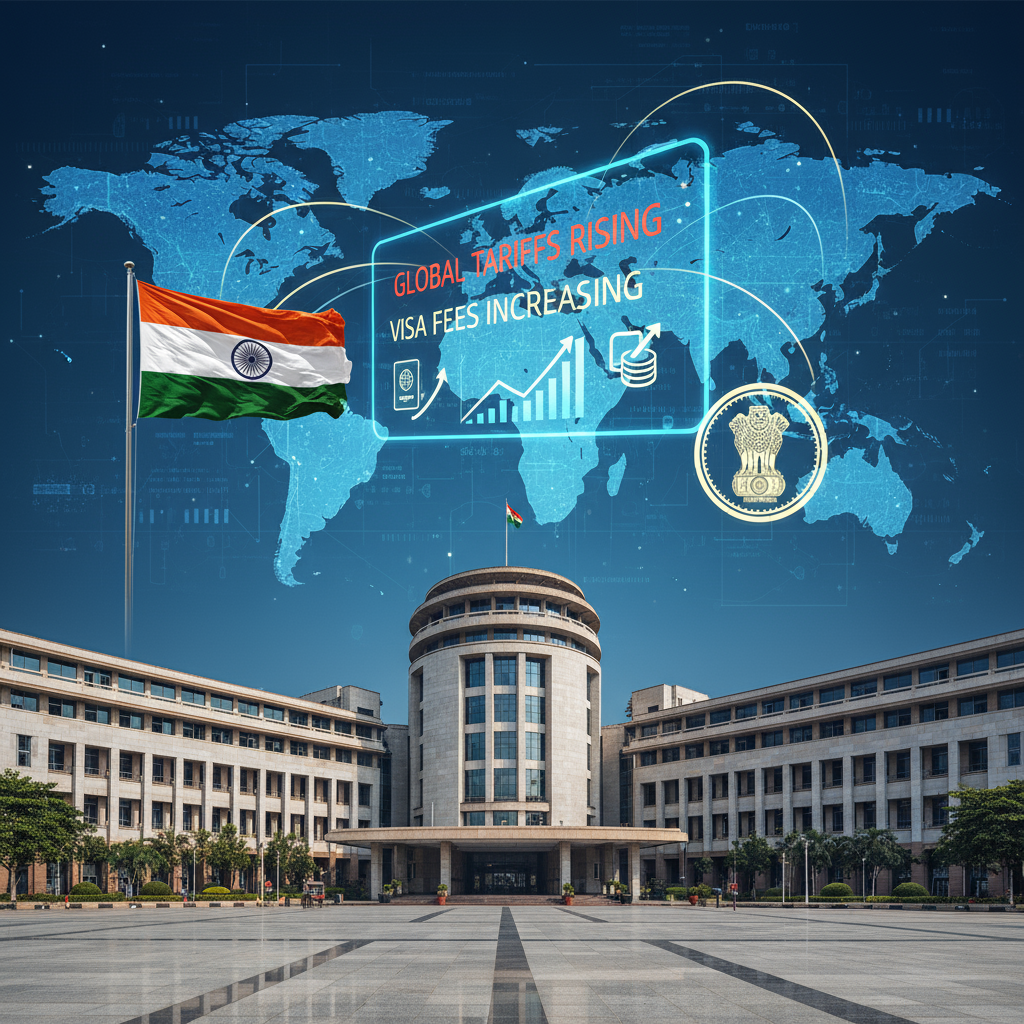
The Reserve Bank of India (RBI) is proactively revising its economic outlook in response to recent global developments, including President Trump’s new trade tariffs, drastic changes in GST rates, and a sharp increase in US H-1B visa fees that particularly impact Indian IT and service exports.
Impact of US Trade Tariffs
President Trump’s administration has recently escalated US tariffs on Indian exports. While the RBI’s latest policy statements emphasize the “wait and see” approach, these tariffs threaten India’s foreign trade performance, potentially reducing GDP growth projections by up to 40 basis points, and complicating business investment flows. These geopolitical uncertainties have led the RBI to flag global protectionism as a key risk to India’s ongoing integration with global value chains and domestic economic resilience.
The Rising Cost of H-1B Visas
The US government introduced a one-time $100,000 fee on future H-1B visas—up from a previous average of $1,500–$4,000—primarily hurting Indian tech firms that rely on new site-specific placements in America. This measure is likely to slow Indian IT/software export growth below 4% for FY 2026, compared to previous projections of 5% or higher. The Finance Ministry and RBI see this as a “reminder of trade-uncertainty risks,” signaling that disruptions could affect services sector surpluses and remittance flows if restrictions persist.
GST Changes and Domestic Inflation
GST 2.0 has lowered tax rates, which is expected to improve consumer spending. On the inflation front, RBI revised its CPI forecast downward to 3.1% for FY2025–26 from previous estimates of 3.7%. Lower inflation, supported by easing food prices and improved supply chains, provides room for policy stability, while RBI remains cautious of volatile crude oil, rupee fluctuations, and weather impacts.
Monetary Policy and Market Response
RBI’s latest actions reflect its cautious stance—holding the repo rate steady at 5.5%, the fourth consecutive pause. Bond markets showed increased yields, and the central bank’s commitment to supporting growth and anchoring inflation expectations is clear. Experts predict the RBI will remain data-dependent, though risks from tariffs, visa policy, and external shocks are being closely monitored for their October review.
The Road Ahead
RBI presents a broadly optimistic growth picture for India but confirms that external shocks, whether from tariffs, visa rules, or trade spats, demand vigilant monitoring and flexible policymaking. The finalized review in October will aim to balance price stability, economic momentum, and shock resilience during a time of unpredictable global trends.
